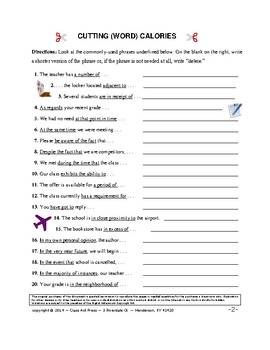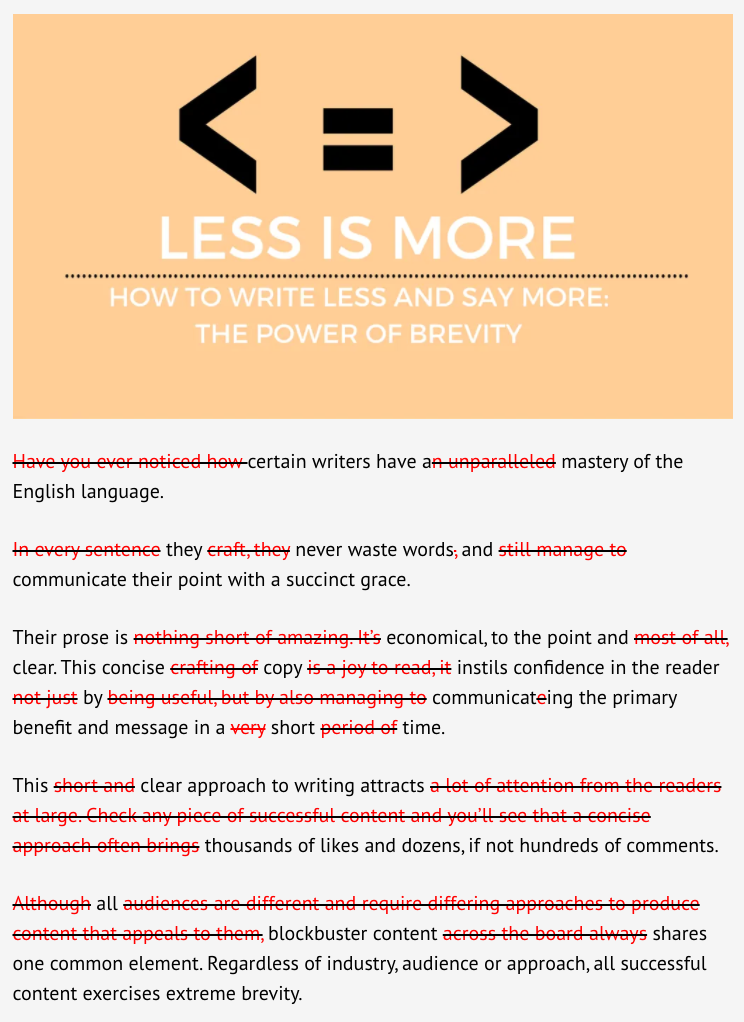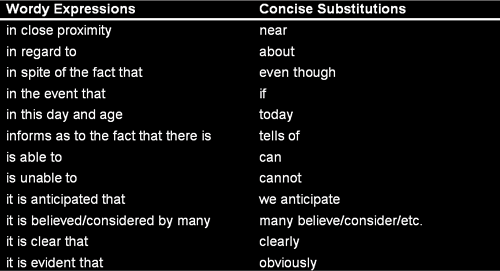Wordiness in writing refers to the use of unnecessary words or phrases that add little value to a text and can make it more difficult for readers to understand the intended message. It is a common mistake made by writers, particularly when they are trying to pad out their writing to meet a specific word count or when they are uncertain about the content they are presenting.
One of the main reasons for wordiness is a lack of clarity. When writers are not sure about what they want to say, they may use additional words or phrases to try to convey their ideas more effectively. However, this often has the opposite effect, as it can make the writing seem more confusing and difficult to follow.
Another reason for wordiness is a lack of editing and proofreading. Writers may not take the time to carefully review their work and eliminate unnecessary words or phrases, resulting in writing that is unnecessarily long and cumbersome.
There are several strategies that writers can use to avoid wordiness in their writing. One effective method is to use strong, concise language that gets straight to the point. This means using specific, descriptive words rather than vague or ambiguous ones, and avoiding unnecessary filler words such as "very," "that," and "really."
Another strategy is to eliminate redundant words and phrases. For example, instead of saying "the reason why is because," simply say "the reason is." Similarly, instead of saying "free gift," just say "gift."
Another way to avoid wordiness is to use active rather than passive voice. Passive voice tends to be more wordy, as it requires additional words to convey the same meaning. For example, "The ball was thrown by the boy" is written in passive voice, whereas "The boy threw the ball" is written in active voice.
Finally, writers can use editing and proofreading tools to help identify and eliminate wordy phrases in their writing. These tools can highlight areas of the text that may be unnecessarily wordy and suggest alternative ways of expressing the same ideas more concisely.
Overall, wordiness in writing can make it more difficult for readers to understand and engage with the content. By using strong, concise language, eliminating redundant words and phrases, and using active voice, writers can improve the clarity and effectiveness of their writing.





